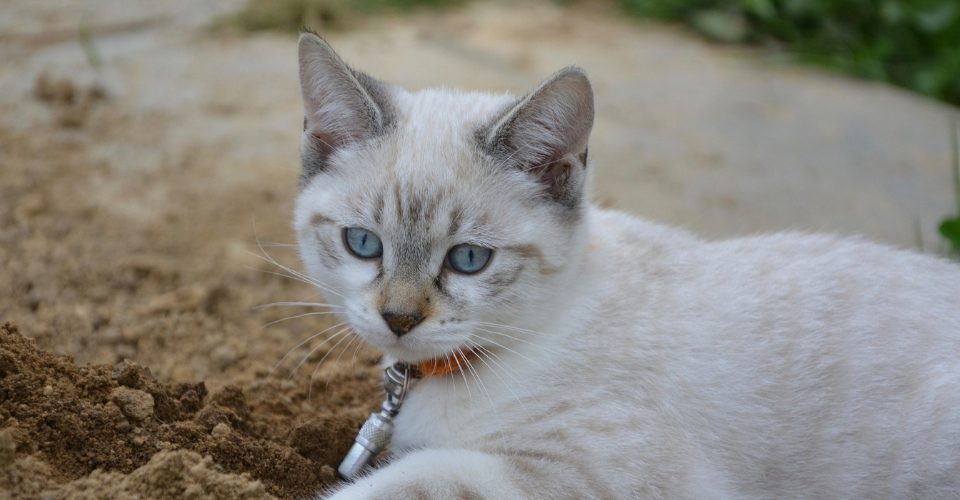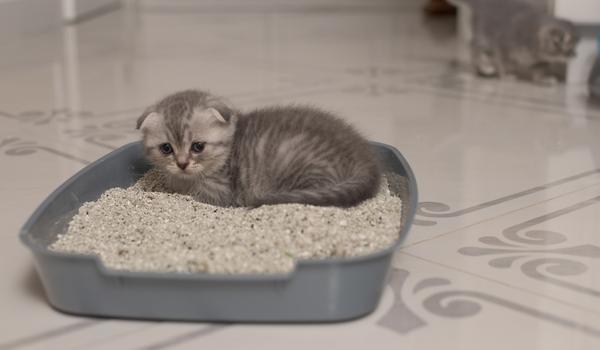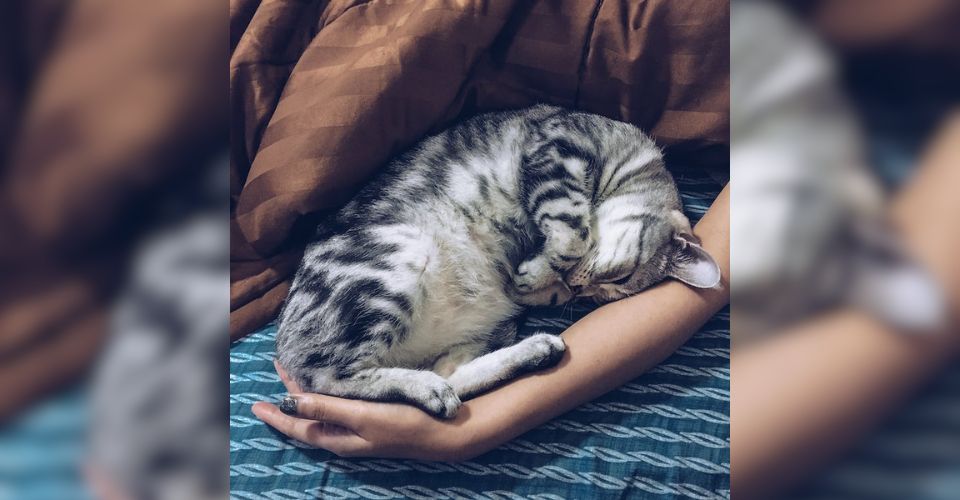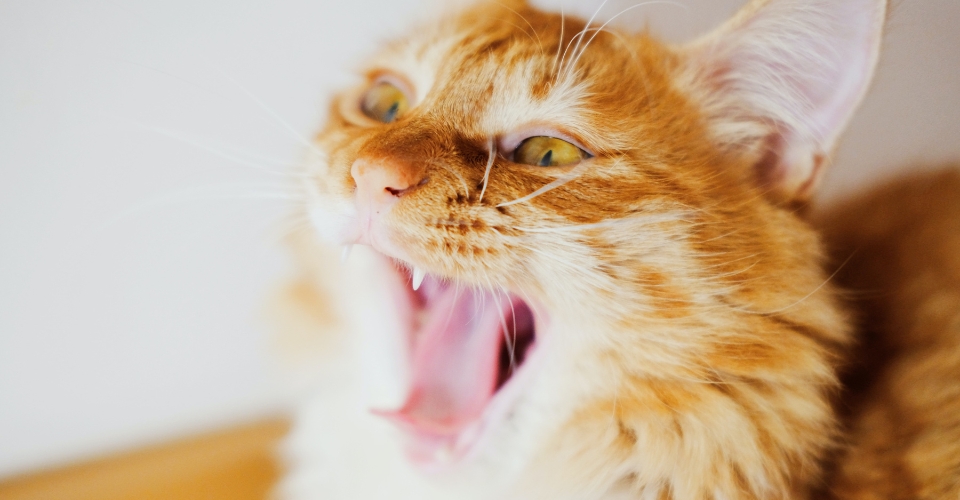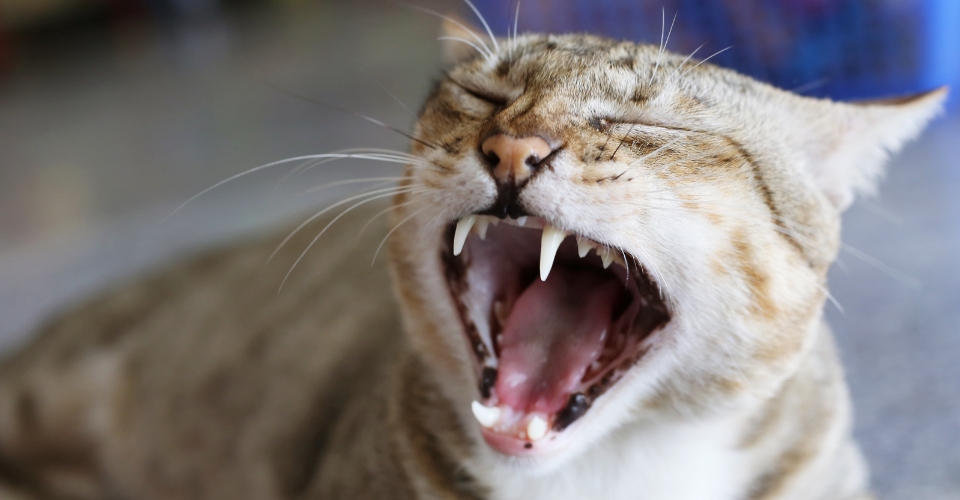When it comes to our feline friends, there is no denying that they have some peculiar behaviors. From kneading their paws to curling up in the tightest spaces, cats certainly know how to make us scratch our heads in confusion. But one of their most fascinating habits is their instinctive urge to bury their poop. Yes, you read that right!
Cats naturally tend to cover up their business after using the litter box. But have you ever wondered why cats bury their poop? Is it just a weird quirk, or is there a deeper reason behind this behavior?
In this blog post, we will explore the science behind this mysterious habit and shed light on why cats bury their poop.
Why Do Cats Bury Their Poop?
It is not just a weird quirk; it is actually an instinctual behavior that has been hardwired into their DNA since their days on the African Savannahs. According to Dr. Hassan, DVM, RVMP, poop-hiding behavior in cats is more about survival than maintaining hygiene.
Mother nature has set this mechanism in cats to help these fragile creatures avoid alerting predators nearby of their presence. Although feline poop has barely noticeable odor unless it is affected by some disease, big cats like lions have a well-developed sense of smell. Thus, the smell of cat poop can easily signal predators that “your meal is around this neighborhood!”
This is where the poop-burying method comes into play. Hiding their feces allows cats to cover their tracks, making it harder for predators to track them. By concealing their waste, they reduce the chances of being detected and becoming prey.
But that is not all. Cats have another advantage when they bury their poop. It also prevents signaling to smaller animals that cats are nearby. When cats bury their waste, they do it in their prey’s area and lurk, not coming under the latter’s radar. This behavior allows them to surprise their prey more effectively, increasing their chances of a successful hunt.
In the wild, burying their poop also helps to minimize the spread of disease and parasites. By burying their feces, cats reduce the chances of exposure to pathogens, making it safer for them to coexist with other animals.
Even though domestic cats do not need to worry about predators or parasites, they still bury their poop out of instinct. This behavior is hardwired into their DNA and is unlikely to change anytime soon. Depending on their personalities or other factors, some cats may have different burying behaviors, but the underlying instinct remains the same.
Then Why Do Domesticated Cats Bury Their Poop?
Domesticated cats may live in a safe environment where they do not face any threats from predators, but they still have the instinct to bury their poop. This instinct is deeply ingrained in their DNA and stems from their natural survival tendencies.
Cats can view anyone as a potential danger, and they try to hide their mess as a gesture that they do not intend to encroach on anyone’s territory. This behavior helps them avoid conflicts and maintain a peaceful coexistence with their fellow household members.
Cats are also fastidious creatures and are well aware of the fact that their excretions can contaminate their food. Since homes are not as big as in the wild, cats try to bury their poop to reduce the chances of their dinner coming into contact with any filth. This behavior also helps keep their litter box clean and tidy, which is essential for their health and hygiene.
Furthermore, burying their poop is a way for cats to mark their territory. Even though they are living in a safe and secure environment, they still have the urge to establish their presence in their surroundings. By burying their feces, they leave their scent behind, marking their territory and asserting their dominance.
Cats may have different burying behaviors depending on their personalities or other factors. Some cats prefer to dig deep and bury their poop completely, while others simply scratch the surface or kick the litter around. Regardless of the method, the underlying instinct to bury their poop remains the same.
Why Is My Cat Not Burying Her Poop?
All cats are not the same. Several factors can prevent them from burying their poop despite having the instinct to do so. Experts say that if a mom cat does not teach her litter to bury their poop, do not expect the latter to necessarily do so anyway.
There are other explanations as well.
1. Territory Marking
Cats can leave their poo unburied to show who the boss is here. If you also have other cats in your home, you can expect such behavior in them. As in the wild, they mark their territory using urine and feces, signaling to other felines that “encroach this territory on your risk.”
2. Dirty Litterbox
Cats crave clean and tidy litterboxes. They can stop using litterboxes, even those that are not well-scooped. If they still use dirty litterboxes, there are high chances they will not cover their poop. It is just uncomfortable for our feline pals to dig into clingy and wet surfaces.
3. Small Litterbox
Ideally, the litterbox should be at least 1.5 times the head-to-tail length of your cat. Moreover, it should be deep enough for you to scoop easily. If your cat’s litterbox lacks these basic amenities, she will likely avoid it. She might also use it only reluctantly, leaving the poop over the surface instead of burying it.
4. Litter Smoothness
Some litter textures can be difficult for cats to dig with their paws. The hard texture will not only prompt a cat to leave the burying job undone but will also lead to eventually making her bid adieu to the litterbox as a whole.
5. Health Issues
Any disease related to paws and legs can demotivate a cat to dig through the litter and bury what she has done. For instance, older cats are much more likely to suffer from arthritis. Hence, you can expect such behavior in your senior cat. Similarly, if your feline pal has any sort of injury or infection in her feet, she will not be disposed to dig.
What to Do If Your Cat Does Not Bury Her Poop?
Cats are notorious for their habit of burying their poop, but what if your feline friend does not do so? This can be concerning for pet owners, as it can lead to a smelly and unsanitary environment. In this case, it is essential to address the issue promptly. Here are some steps you can take to encourage your cat to bury her poop:
- Find the Underlying Cause: While burying poop is an instinctual behavior in cats, some cats may not bury their poop due to underlying medical issues. For instance, cats with arthritis or other mobility problems may find climbing in and out of the litter box difficult. In such cases, you should consult a veterinarian to determine the cause of the behavior.
- Provide a Comfortable Litter Box: Sometimes, cats may not cover their poop if they are uncomfortable in their litter box. You can try providing a new litter box that is more spacious and comfortable. Make sure the litter box is cleaned regularly and has enough litter to allow your cat to bury her poop easily.
- Teach Your Cat to Bury Her Poop: If your cat has never learned how to bury her poop, you can try teaching her. When she is done using the litter box, gently hold her paws and show her how to cover the poop. You can repeat this process multiple times; over time, your cat should learn to do it independently. Remember to praise her and offer treats when she does so.
- Add More Litter Boxes: If you have multiple cats in your home, you should provide more than one litter box. This will allow your cat to choose a preferred spot and reduce the chances of her leaving her poop uncovered. Additionally, having more than one litter box ensures that there is always a clean litter box available.
- Reduce Stress: Cats can be stressed out by changes in their environment or the presence of other pets in the home. This can lead to them not burying their poop as a way to show dominance. You can try using calming diffusers or sprays to help reduce your cat’s stress levels. You should also provide your cat with a quiet and safe space to retreat when she feels stressed.
- Change the Litter Type: Cats can be picky about the texture of their litter, and they may not cover their poop if they do not like the litter type. You can try changing the litter type to find one that your cat likes. Different types of litter are available, such as clumping, non-clumping, and natural litter made from materials like wood or corn. Try different types until you find one that your cat likes.
What Problems Might Arise From Inappropriate Burying Behavior in Cats?
One of the most common problems that may arise from inappropriate burying behavior is litter box avoidance. Cats are known to be creatures of habit and may start avoiding their litter box if they find it dirty or uncomfortable. If they do not bury their waste properly, it may cause the litter box to become dirty and smelly, leading to litter box aversion. This may result in the cat eliminating waste in other areas of the house, which can be frustrating and unpleasant for its owners.
Another problem that may arise from inappropriate burying behavior is the spread of litter box odors. When cats do not bury their waste properly, the litter box can become smelly, and the odor can spread throughout the house. This can be especially problematic in small living spaces or homes with multiple cats.
Inappropriate burying behavior can also lead to health problems for both the cat and their owners. If the litter box is not cleaned frequently, it can lead to the growth of harmful bacteria and parasites that can cause infections and diseases. Cats may also develop urinary tract infections if they avoid using the litter box altogether, which can be painful and require veterinary treatment.
When Do Cats Start Burying Their Poop?
Cats start burying their poop very young, typically around three to four weeks old. This behavior is innate and instinctual, meaning that kittens do not need to be taught by their mother to bury their waste. Even if a mother cat fails to demonstrate this behavior, kittens will still do it on their own. In fact, this behavior is so ingrained in felines that even orphaned kittens will instinctively start to bury their waste as soon as they can.
Do Cats Bury Their Pee Too?
While cats are known to bury their poop, they do not always bury their pee. However, they may still exhibit some behavior to hide their urine from predators. This is because the smell of cat urine can attract predators, particularly in the wild.
Unneutered male cats have a particularly strong urine odor because they use it to mark their territory. This instinctual behavior ensures that other cats know that the area is claimed. However, this strong odor can attract predators and other territorial cats, which is why neutering male cats can help reduce this behavior.
Although cats may not always bury their urine, they may exhibit other behaviors to hide it. For example, they may scratch the ground or litter in their litter box after peeing to cover up the smell. They may also choose to urinate in areas where the smell is less likely to attract predators, such as under bushes or in hidden areas.
Final Verdict: Why Do Cats Bury Their Poop?
The behavior of cats burying their poop is not just a weird quirk but a survival instinct that has been hardwired into their DNA. Even though domesticated cats may not face threats from predators or parasites, they still have the urge to bury their waste out of their natural survival tendencies. By burying their poop, cats mark their territory, reduce the chances of conflicts, maintain hygiene, and keep their litter boxes clean and tidy. However, several factors can prevent cats from burying their poop, such as dirty litter boxes, small litter boxes, or litter with difficult textures. Understanding the reasons behind this mysterious behavior can help cat owners provide a better environment for their feline companions and ensure their health and well-being.

